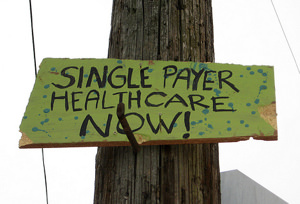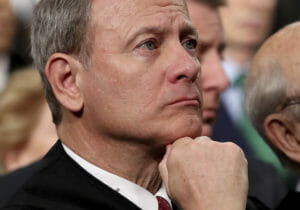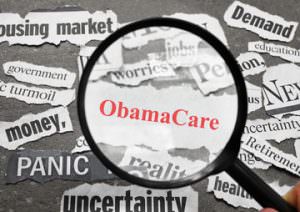Single-Payer Health Care: $570 Billion Cheaper
Economist Gerald Friedman has what looks to be the silver bullet against the claim that single-payer health care is infeasible on economic grounds, showing how “Medicare for all” could save billions of dollars while improving millions of lives.
Economist Gerald Friedman has what looks to be the silver bullet against the claim that single-payer health care is infeasible on economic grounds, showing how “Medicare for all” could save billions of dollars while improving millions of lives.
Study his easy-to-grasp charts and figures explaining how to fund the plan and how much it would save in the two-page document linked below. –ARK
Dig, Root, GrowGerald Friedman at Dollars & Sense:
The Expanded & Improved Medicare for all act” (HR 676) would establish a single authority responsible for paying for health care for all Americans. Providing universal coverage with a “single-payer” system would change many aspects of American health care. While it would raise some costs by providing access to care for those currently uninsured or under-insured, it would save much larger sums by eliminating insurance middlemen and radically simplifying payment to doctors and hospitals. While providing superior health care, a single-payer system would save as much as $570 billion now wasted on administrative overhead and monopoly profits. A single-payer system would also make health-care financing dramatically more progressive by replacing fixed, income-invariant health-care expenditures with progressive taxes. This series of charts and graphs shows why we need a single-payer system and how it could be funded.
This year, we’re all on shaky ground, and the need for independent journalism has never been greater. A new administration is openly attacking free press — and the stakes couldn’t be higher.
Your support is more than a donation. It helps us dig deeper into hidden truths, root out corruption and misinformation, and grow an informed, resilient community.
Independent journalism like Truthdig doesn't just report the news — it helps cultivate a better future.
Your tax-deductible gift powers fearless reporting and uncompromising analysis. Together, we can protect democracy and expose the stories that must be told.
This spring, stand with our journalists.
Dig. Root. Grow. Cultivate a better future.
Donate today.








You need to be a supporter to comment.
There are currently no responses to this article.
Be the first to respond.